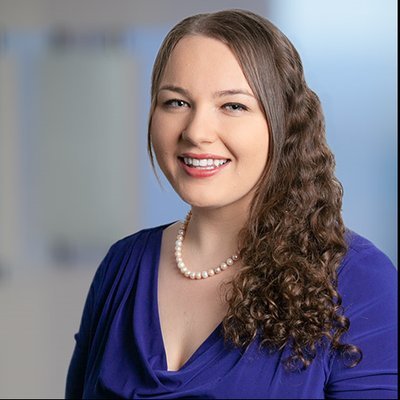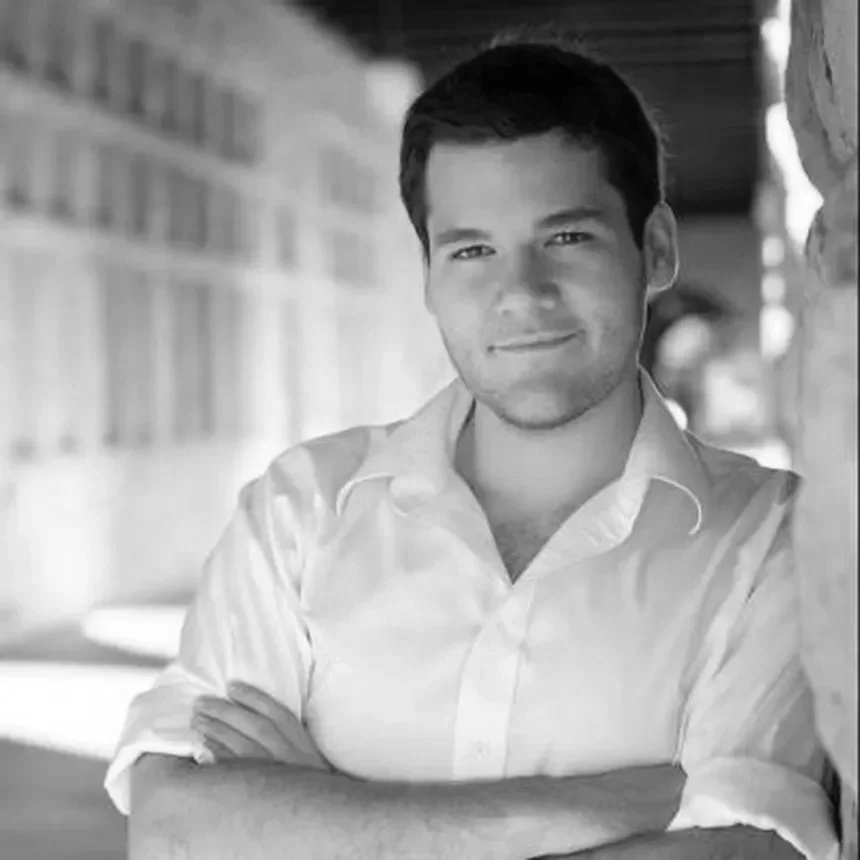Board of Advisors
Board of Directors
-

Chris J. Rufer
Chris J. Rufer founded The Morning Star Company in 1970, driving one truck hauling tomatoes and peaches. He now designs, constructs and operates the company's food-processing facilities. The company's principal business is agribusiness development and management in the processing tomato industry. The company founded, and is the managing partner/member of six enterprises. Mr. Rufer currently serves as president and owner.
Chris holds a BA in Economics (1972) and an MBA in Finance & Corporate Planning (1975), both from the University of California. He also holds an MS in Agricultural Sciences.
He resides in Sacramento, California with his wife. They have four children.
-

Marta Belcher
Marta Belcher is a civil liberties attorney and a pioneer in the area of blockchain law. She is the president and chair of Filecoin Foundation as well as its sister charitable organization, Filecoin Foundation for the Decentralized Web. She also serves as general counsel and head of policy at Protocol Labs.
Marta is a member of the Board of Directors of the Zcash Foundation and the Blockchain Association, and is a member of Paradigm’s Crypto Policy Council.
She also serves on the board of Creative Commons.
Marta was previously an attorney at Ropes & Gray LLP focusing on blockchain and emerging technologies.
Marta received a B.A. in Rhetoric from the University of California, Berkeley, and a J.D. from Stanford Law School.
-

Naomi Brockwell
Naomi Brockwell is the President and Founder of the Ludlow Institute, a non-profit dedicated to advancing freedom through technology. Their media arm, NBTV, creates educational content to help people reclaim their privacy and autonomy online -- they have over 1 million subscribers across platforms and over 95 million views of their videos.
From 2013 - 2015 she worked as a policy associate at the New York Bitcoin Center. From 2015 - 2021 she has worked as a producer for 19-times Emmy-Award-Winning Journalist John Stossel. From 2021 to 2022 she hosted the CoinDesk series “Break it Down”, and the CoinDesk daily show “The Hash”.
Naomi was a producer for the 2015 feature documentary Bitcoin: The End of Money as We Know It (Best International Documentary, Anthem Film Festival; Winner of Special Jury Prize, Amsterdam Film Festival), and producer of the 2018 award-winning documentary The Housing Bubble.
Naomi is the co-founder of “The Soho Forum”, a NY debate series. She is on the Advisory Council at the “Mannkal Economic Education Foundation”, and is author of “Beginner's Introduction To Privacy”, and the children's book “Billy's Bitcoin”.
Alumni Board Members
-

Scott Banister
Scott Banister is an entrepreneur, startup founder, and angel investor. He cofounded the anti-spam company IronPort, and he was an early advisor and board member at PayPal. He invented paid search advertising via keyword auction, a core business model for internet advertising companies.
He was an early investor in Powerset, a startup building a natural language search engine. His other private equity investments include Zappos, Topsy, Upstart, Affirm, Thumbtack, Postmates, Uber, Diamond Foundry, Flexport, Niantic, Fivetran, Turing, Magic, DuckDuckGo, Nervana Cloud, Crusoe Cloud, and TogetherAI. Banister also cofounded Zivity, an adult-themed social networking site, with his wife, Cyan Banister.
David Gelles has identified Banister as one of the PayPal Mafia, former board members of PayPal, influential investors in "a collection of some of the most valuable technology start-ups ever seen". He invested in PayPal's earliest version, and he served as a founding board member. In a 2019 VentureBeat article, Andrew Ganato and Scy Yoon wrote that Peter Thiel and Scott Banister had been the most prolific investors, each responsible for investing in more than 100 companies.
The Ludlow Institute takes its name from Ludlow Street in New York City's Lower East Side, a neighborhood known for its edgy, rebellious spirit, resonating with hacker culture. The name carries both familiarity and gravitas, and its neutrality allows us to reach a wide audience while focusing on a broad range of issues related to privacy and freedom.
In an age of rapidly advancing technology, it's essential for an organization dedicated to safeguarding individual autonomy to have the flexibility to engage with evolving challenges and adapt our approach as technology and threats change. The strength of our name empowers our institute, and its versatility ensures we can address the full scope of issues necessary to protect personal rights in the digital age.








